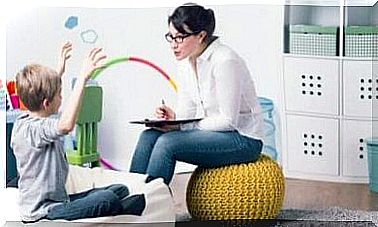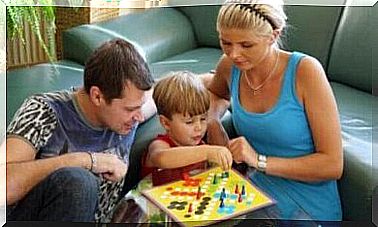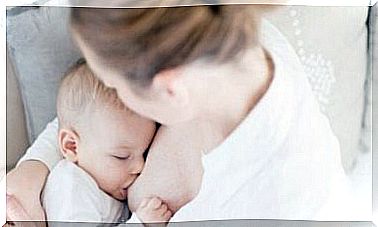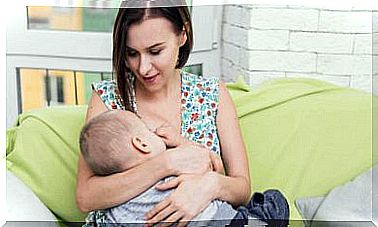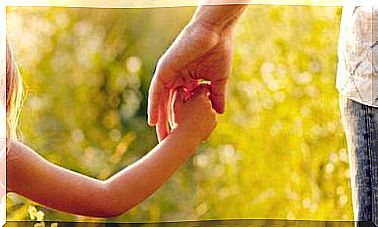Are You Causing Fear In Your Child Without Knowing It?
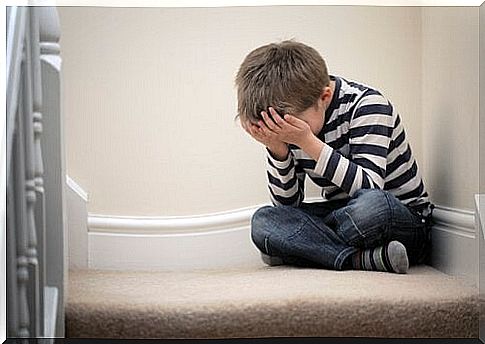
Are you causing fear in your child? Often and without realizing it, parents can encourage certain insecurities that are later reflected in their children’s psycho-emotional development.
That’s why it’s important to understand and decipher the symptoms your child develops regarding stress and anxiety.
What are the causes behind anxiety in your child?
Children are generally positive and usually in a good mood. They are always full of energy and looking for new adventures.
However, when a child’s behavior begins to change for no apparent reason, it’s time to take action. It is important to take the time and analyze who or what is behind this change.
The first step is for parents to self-reflect and ask: Are my attitudes and actions responsible for my child becoming anxious?
You should also keep an eye out for other friends and family members who often interact with your little one.
Sometimes parents can unknowingly encourage insecurities in their children. These same insecurities cause feelings of stress and anxiety.
While this is not your intent, you may be creating fear in your children through overly authoritative behavior. The opposite extreme— excessive indulgence —can also cause a child to suffer from anxiety.
Here are examples of specific behaviors that can cause anxiety in children:
- Overprotective parenting
- Denying your child the right to develop his or her own personality
- Not allowing your child to make his or her own decisions
- Constant Criticism
Signs and Symptoms of Anxiety in Children
Children who suffer from anxiety and stress develop very obvious symptoms that any parent can identify. However, it is important for parents to be aware of the symptoms in order to recognize them. Parents should also be alert to any behavioral changes their child shows.
The symptoms of stress and anxiety tend to appear simultaneously in two clearly defined areas of the child’s life. The first is emotional and the second physical. In general, these two areas go hand in hand. Symptoms may come alone or you may observe several at once.
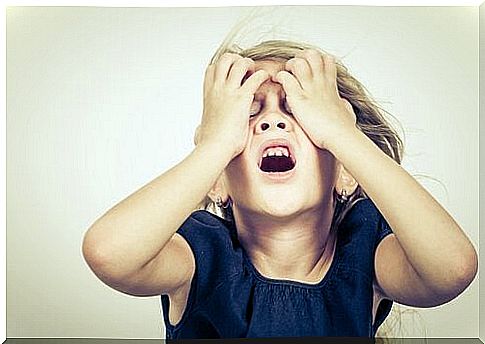
Emotional Symptoms
Without a doubt, one of the most obvious emotional symptoms of anxiety is a lack of empathy. Another equally predominant symptom is indifference.
This indifference can be focused on school and studies or even toys, friends and other activities that your child has once enjoyed.
Other symptoms include sadness, lack of appetite, irritability, aggressive behavior, fears, insecurity and inability to concentrate.
Negative thoughts are also often present in children who suffer from anxiety.
Physical Symptoms
When stress and anxiety reach high levels, physical symptoms also appear. These symptoms can be so strong that they are often confused with other illnesses. Therefore, it is important to pay attention to the physical symptoms as well.
Anxiety can cause a wide variety of physical complaints. Your child can suffer from excessive sweating or cardiac arrhythmias to severe headaches or abdominal pain and everything in between.
Other physical manifestations may include stuttering, bedwetting, muscle aches, trembling, fainting, immobility, frequent colds, and excessive crying.
How do you deal with anxiety in your child?
The best way to face your child’s fear is to identify and address the cause. Therefore, self-reflection is the first step.
The second step is to evaluate whether your child’s anxiety is recent or if your child has had it for a while. You may want to see a specialist who can help your child deal with these negative feelings.
Maintaining constant, open and respectful communication is key to building your child’s self-confidence. At the same time, parents can make small changes that help their children reduce their stress levels.
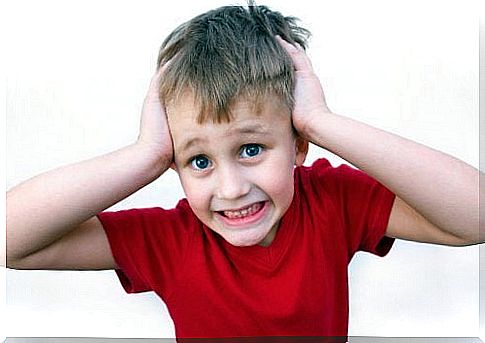
It is very important that you are not overly concerned about your children. Also, be careful about the things you say so as not to constantly criticize or correct them.
Give your kids the freedom to make some of their own decisions instead of deciding everything for them. This will help protect your child’s mental and emotional development.
If your child’s anxiety does not subside despite following the suggestions above, then you should seek professional help. A specialist can recommend psychological help, medication and/or family counseling.
Are you causing fear in your child? Fortunately, this is a problem that can be solved with simple measures.
The most important step is recognizing your child’s symptoms and behavioral changes to help him or her overcome this emotional state. With a little patience and a lot of love, your child will become happy, enthusiastic and full of energy again.
